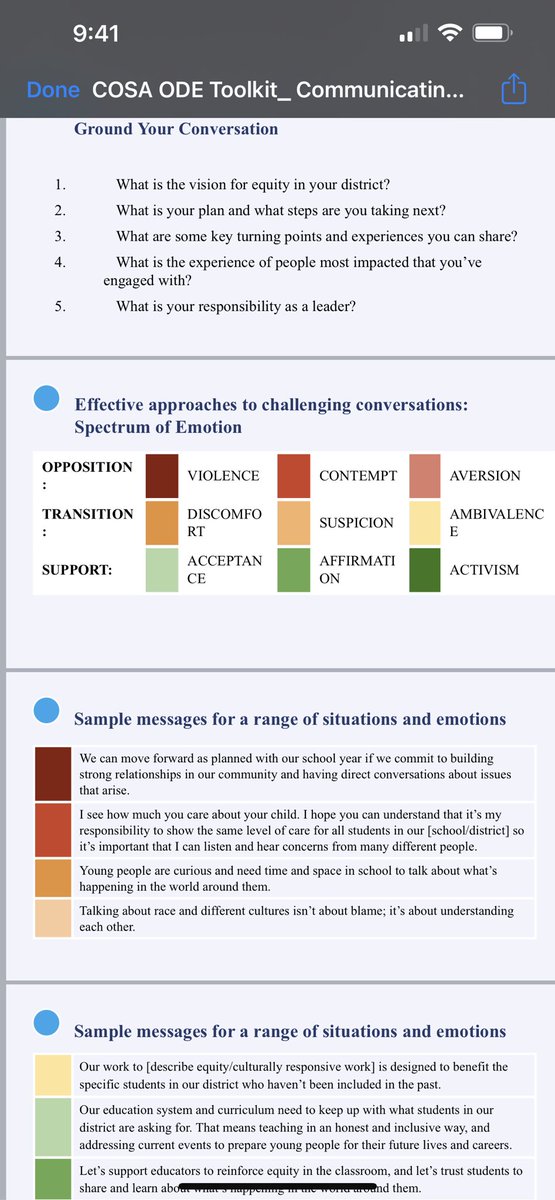
I’m almost finished with a writing retreat. I’m taking a quick break to offer a few writing hints. I hope you’ll find them helpful. 

1) One of the main reasons writers—particularly younger writers—don’t improve is because they look at their writing as their baby. That is, they can’t take it being criticized. To improve in anything, esp writing, you must not only be able to accept but appreciate criticism.
2) If you’re writing nonfiction, do not wait until your piece is finished to turn your attention to the references. Work on them simultaneously. This is one of the biggest mistakes people make when writing their first nonfiction book.
3) Send your piece out to friends for feedback. Incorporate their comments and then send it out again to other friends for their feedback. Only after that should you send it to your editor.
A quick story. The editor of my first book was the cofounder of The Onion. I submitted a chapter to him that had one misspelled word. He told me that if I ever did that again our professional relationship was over. It was a great lesson.
4) There are a lot of editors, but *very* few good editors. Take the time to find an editor who’s experienced at editing the kind of work your writing. (If your working on a book and don’t have money for an editor, offer them a percentage of the sales.)
5) I keep a dictionary and thesaurus open when I’m writing. Try to use the most precise word possible, and if you don’t know the exact definition of a word then do not use it.
6) In #6 I shifted from “don’t” to “do not”.
A few things:
- in general, avoid repeating a word in a sentence (see “a” twice here)
- do not use contractions when you want to emphasize a point: “Do not go into the harbor” is strong than “Don’t go into the harbor”
A few things:
- in general, avoid repeating a word in a sentence (see “a” twice here)
- do not use contractions when you want to emphasize a point: “Do not go into the harbor” is strong than “Don’t go into the harbor”
7) Avoid semicolons. They’re pretentious and often lazy.
8) Write. It doesn’t have to be perfect or even good. Just get something down. If your struggling with a section then work on another section—do not use that as an excuse to not write.
9) People with whom you’re intimate need to understand that you are a writer and that you need uninterrupted time to work. Explain that you will be absent a lot of the time, but it’s not personal. It’s writing and it matters to you.
10) Write every day.
Bonus: Celebrate a good day of work. I celebrate by drinking my favorite whisky, Oban, shown in the first tweet.
The “you’re” comments cracked me up. Thanks
• • •
Missing some Tweet in this thread? You can try to
force a refresh












